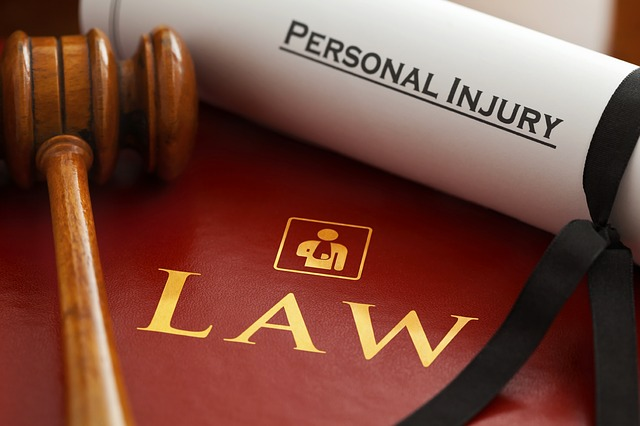Who Pays the Costs in Personal Injury Claims?
Who pays the costs of personal injury claims? Generally speaking, the insurance company of the at-fault party pays the costs of the claim. However, there are certain exceptions. For example, a minor injury may not require any medical attention and may not require any time off work. If the injury is moderate, however, it can lead to significant medical expenses and lost time from work. This makes it difficult to obtain a fair settlement from the insurance company. Most claimants do much better with legal representation. You can contact Underwood & Micklin for expert injury lawyers to help you in situations like this.
Legal fees vary widely. Some are standard and listed in the initial written agreement between the lawyer and client. The costs involved in slip-and-fall cases, for instance, may be minimal, such as copying and long-distance calls. Others may be more expensive, such as expert witness fees or medical expert fees. In such cases, it’s often wise to set a dollar limit for these expenses. However, the lawyer should always provide you with a written quote before incurring any costs.
The attorney’s fees are part of the recovery. The client pays the lawyer’s expenses from the settlement. Usually, the compensation received is the gross recovery. The case costs, on the other hand, are the attorney’s expenses. Expenses can include expert fees, medical records, and depositions. The winning side pays the lawyer’s fees from the recovery. Generally, the attorney charges a percentage of the settlement.
When it comes to non-economic damages, determining the value of these damages is difficult. Pain and suffering are very difficult to quantify, and jury verdicts often try to approximate them. In addition, punitive damages depending on the severity of the injuries. The defendant may also be required to pay the costs of his or her own legal representation. The average injury claim is about $10,000, but this amount is not a typical dollar value.
If the personal injury settlement is prolonged, additional bills will accrue. For example, the patient may require further medical care and additional bills for treatment. These additional bills are not included in the settlement amount, and they must be paid out of the non-monetary damages calculation. This is why it is important to hire an attorney as soon as possible after the accident. If the case is large, the costs will be much higher. It is important to retain an attorney as soon as possible to document the claim properly.
The fee structure of a personal injury lawyer is a vital part of the representation agreement. This agreement will determine whether a plaintiff will have to pay a lawyer even if the claim is not successful. In general, personal injury attorneys work on contingency fees, which means that they are paid a percentage of the settlement or verdict. Contingency fees vary based on the complexity of the case, the time it takes for the case to resolve, and other factors.
Some lawyers charge an hourly rate for their legal services. These rates may vary depending on the services they provide. Some personal injury lawyers waive the hourly rate for free consultations. Those who charge an hourly rate are entitled to payment for all their work. However, some lawyers split their hourly rate and bill by a percentage, which could be as low as a tenth of an hour. When this happens, the compensation received will be higher, so the lawyer must make sure that the client will be able to pay his fees.


